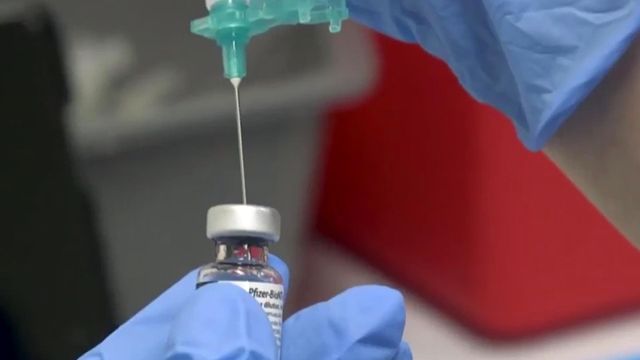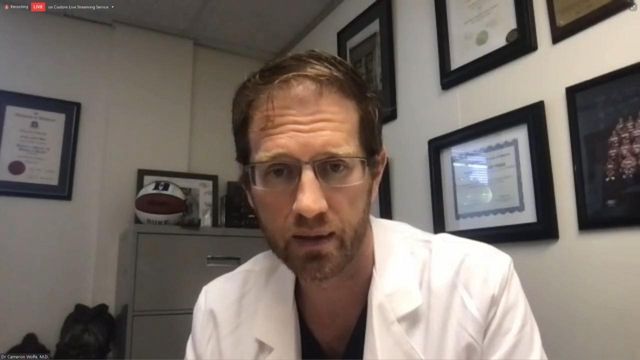Pfizer data suggest third vaccine dose 'strongly' boosts protection against Delta variant
A third dose of the Pfizer/BioNTech Covid-19 vaccine can "strongly" boost protection against the Delta variant -- beyond the protection afforded by the standard two doses, suggests new data released by Pfizer on Wednesday.
Posted — UpdatedThe data posted online suggest that antibody levels against the Delta variant in people ages 18 to 55 who receive a third dose of vaccine are greater than five-fold than following a second dose. The effect is even more marked among older adults, according to the study.
There's "estimated potential for up to 100-fold increase in Delta neutralization post-dose three compared to pre-dose three," researchers wrote in the Pfizer data slides.
The data, which haven't yet been peer reviewed or published, also show that antibody levels are much higher after a third dose than a second dose against the original coronavirus variant and the Beta variant, first identified in South Africa.
The Centers for Disease Control and Prevention hasn't yet recommended booster shots, despite the Delta variant creating another wave of infections nationwide.
But two Duke University physicians said they expect that guidance to change sooner rather than later.
"Breakthrough" infections are cases in which fully vaccinated people contract the virus.
A booster shot would likely strengthen the immune response to all of the virus' variants, including Delta, Montefiori said. Studies are underway to determine if people can use any of the approved vaccines as a booster, or whether they need to get another shot of the same vaccine they received previously.
"I think it will be possible to have options available to you when it comes time to be boosted," he said.
Even without a booster, vaccinations are limiting severe cases of COVID-19, said Dr. Cameron Wolfe, with Duke's School of Medicine.
“It is more infectious. You get sicker a little quicker," Wolfe said of the Delta variant. "For the vaccinated, this has been a very mild illness.”
"[The virus could] keep mutating to the point we don’t really have the protection from the vaccine anymore," she said.
Montefiori agrees that's a possibility if vaccination rates don't pick up enough for society to reach a herd immunity level that would halt the spread of the virus.
"Unless we can shut this pandemic down, it is possible this virus will continue to become more contagious and even more of a problem," he said. "The Delta variant is still very susceptible to those neutralizing anti-bodies. It has not evolved yet to the point it is escaping our vaccines to a substantial degree."
Related Topics
• Credits
Copyright 2024 by WRAL.com and CNN. All rights reserved. This material may not be published, broadcast, rewritten or redistributed.






